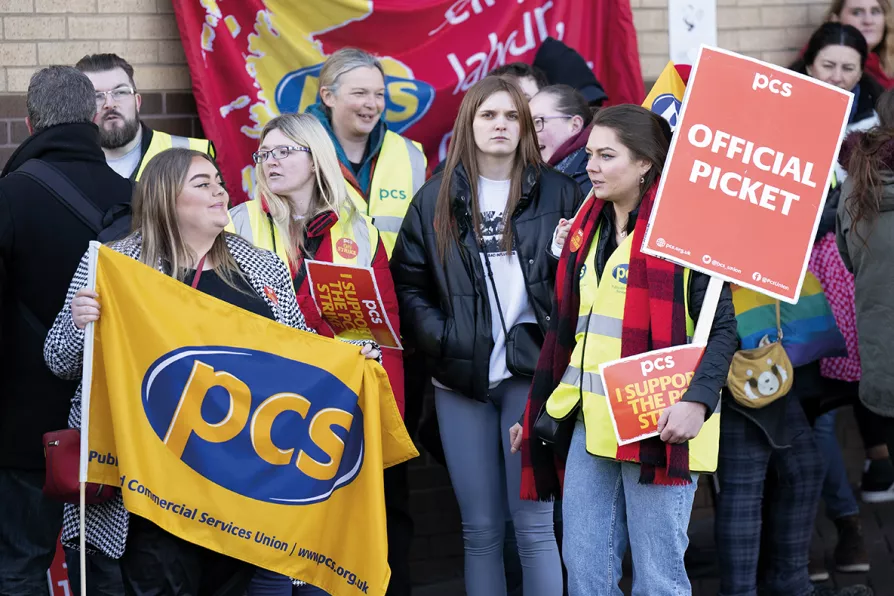Does widespread and uncontrolled use of AI change our relationship with scientific meaning? Or with each other? ask ROX MIDDLETON, LIAM SHAW and MIRIAM GAUNTLETT


SINCE becoming PCS general secretary in February, I have travelled the country speaking at PCS branch AGMs, Stop the War and Palestine solidarity rallies almost every day.
As we mark International Women’s Day, I can say that one of the biggest honours so far was to address the Women Against Pit Closures 40th anniversary event last Saturday in Durham. As a proud feminist and trade unionist, I was humbled to pay tribute to one of the most inspiring working-class movements of our lifetimes.
I wouldn’t be the first woman general secretary of PCS were it not for feminist working-class heroes of 40 years ago who, against insurmountable odds, stood up for their class.

In the final part of a serialisation of his new book, JOHN McINALLY explains how in 2018, after years spent rebuilding the PCS into a leading force against austerity, a damaging rupture emerged from within the union’s own left wing












